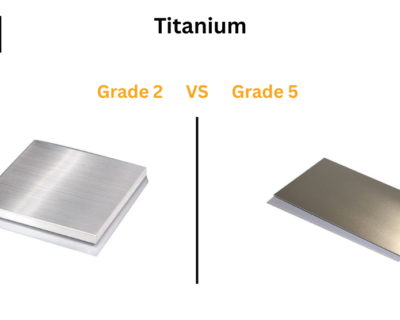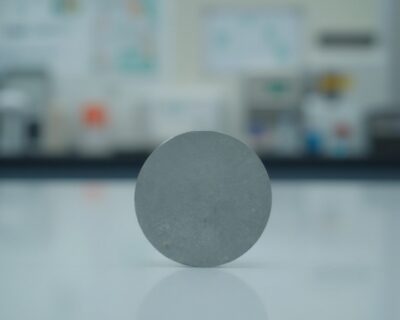Blogs
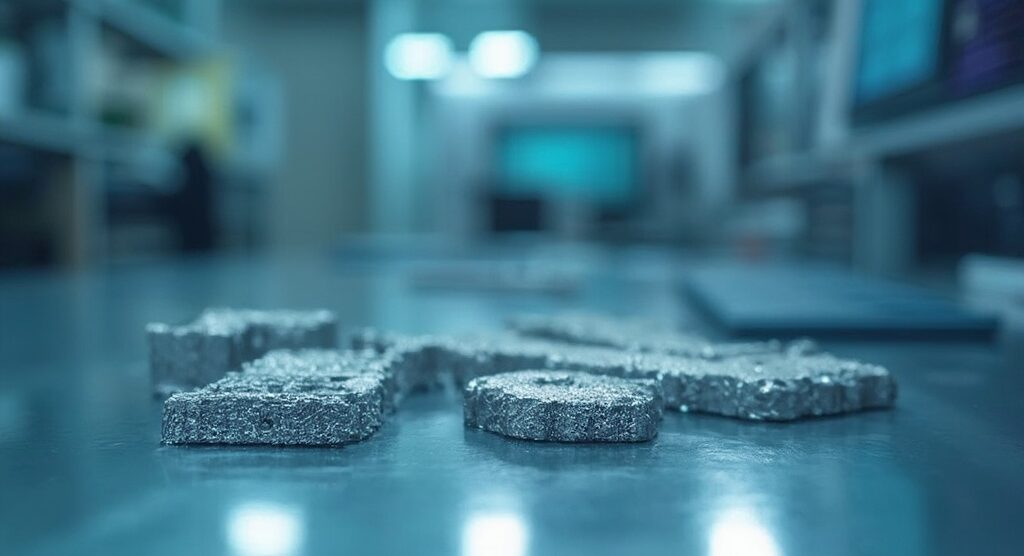
Investigating the Key Titanium Properties: Implications and Uses
Introduction
Titanium alloys have emerged as a cornerstone in various high-performance industries, thanks to their exceptional strength-to-weight ratio, low density, and unparalleled corrosion resistance. These characteristics make them invaluable in demanding environments such as aerospace, marine, automotive, medical, and military sectors. The mechanical properties of titanium alloys, including their tensile strength and ductility, are significantly influenced by their composition and processing methods, allowing for the creation of complex yet structurally sound components.
In biomedicine, titanium’s biocompatibility and corrosion resistance are crucial, particularly for medical implants and devices, promoting better integration and faster healing. The continuous advancements in surface treatments and the development of biomedical cellular solids underscore the pivotal role of titanium alloys in enhancing patient outcomes and pushing the boundaries of medical technology.
Key Properties of Titanium Alloys
Titanium mixtures are distinguished by their exceptional strength-to-weight ratio, rendering them essential for high-performance applications. Essential characteristics encompass low density, remarkable corrosion resistance, and high-temperature stability. These characteristics allow metal mixtures to thrive in challenging conditions like aerospace and marine contexts. Additionally, their ability to endure fatigue and impact loads further enhances their suitability for structural components. High-strength metal forgings, a result of stringent manufacturing methods, provide outstanding mechanical characteristics, crucial for fields such as aerospace, automotive, medical, and defense sectors.
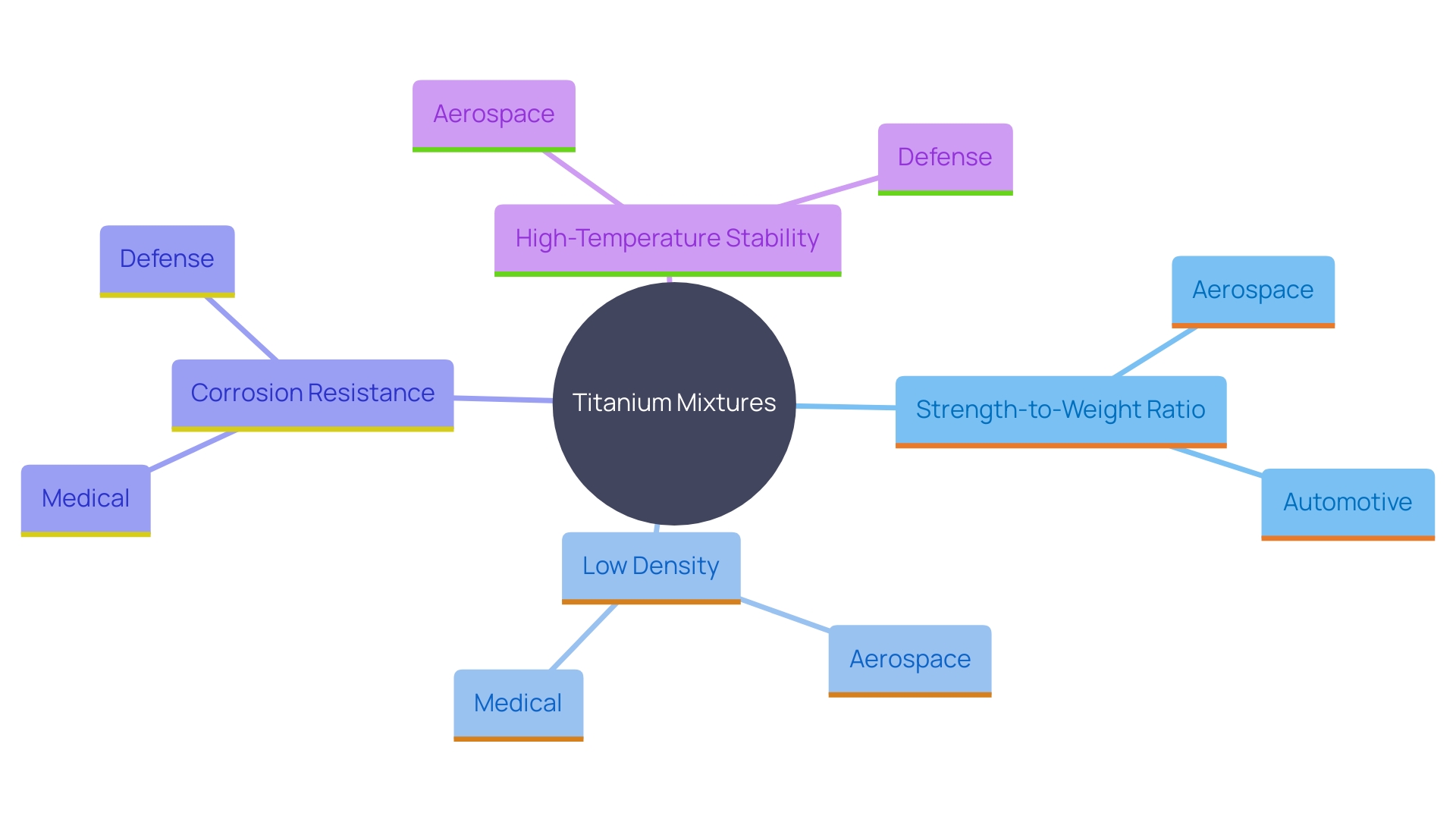
Mechanical Properties of Titanium Alloys
The mechanical characteristics of these metal mixtures are greatly influenced by their unique composition and processing techniques. These metal mixtures demonstrate remarkable tensile strength, often surpassing that of steel, along with excellent ductility. This unique combination allows for the creation of complex shapes while maintaining structural integrity. The elasticity of these metal mixtures is another essential characteristic, making them perfect for uses that demand flexibility. High-strength metal forgings, for example, are created through rigorous manufacturing methods that improve their mechanical characteristics. These forgings are essential in various industries, including aerospace, automotive, medical, and military, due to their exceptional strength and versatility. As highlighted in research studies, severe plastic deformation techniques, such as rotary swaging, further enhance the mechanical characteristics and corrosion resistance of specific alloys, rendering them even more appropriate for high-performance applications.
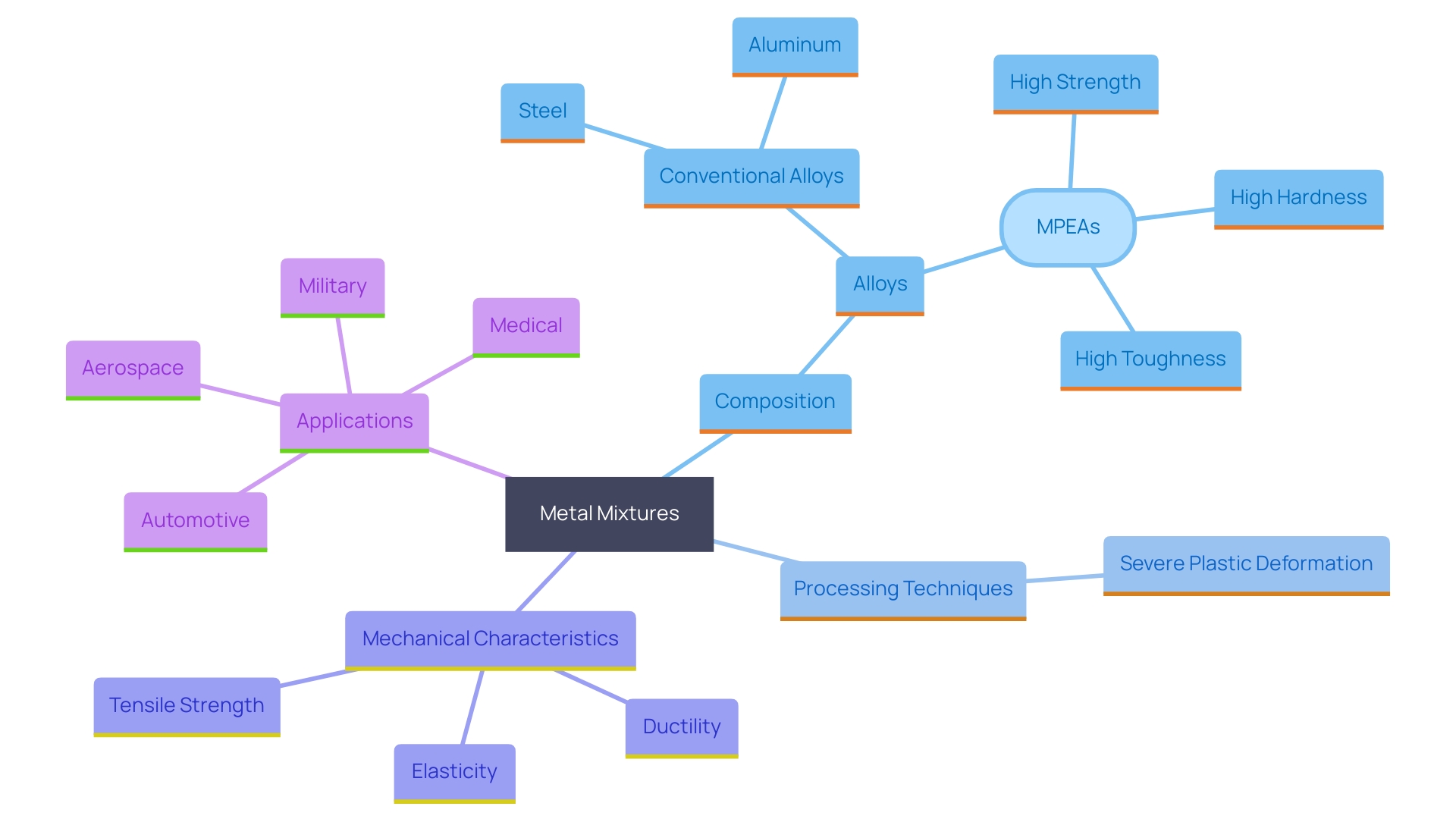
Biocompatibility and Corrosion Resistance
Titanium’s extraordinary biocompatibility and corrosion resistance make it a leading option for medical devices and applications. Its passive oxide layer ensures durability in bodily fluids, crucial for long-term performance and interaction with biological tissues. This is especially significant in uses like dental fixtures and orthopedic tools, where titanium’s characteristics not only improve integration but also encourage bone development, lowering the chance of device failure and facilitating quicker recovery.
Applications of Titanium Alloys in Biomedicine
Titanium alloys play a crucial role in biomedicine, finding applications in orthopedic devices, dental fixtures, and surgical instruments. Their blend of lightweight characteristics and high strength makes them perfect for load-bearing devices, while their biocompatibility reduces negative body responses. Additionally, innovations in surface treatments and coatings have significantly enhanced their performance in medical applications, promoting osseointegration and improving patient outcomes.
The use of titanium in orthopedic surgery is particularly noteworthy. These composites are crafted to imitate the arrangement and physical characteristics of bone, offering mechanical support, encouraging bone development, and aiding integration with surrounding tissues. This reduces the risk of device failure and encourages quicker recovery. Significantly, the launch of innovative items such as the Romeo’s™ absorbable metal composition and Activa’s cutting-edge devices illustrates the progress achieved in this domain. These products are designed to provide optimal healing with minimal patient inconvenience, eliminating the need for implant removal operations and ensuring quicker recovery and improved quality of life.
Furthermore, the development of biomedical cellular solids, such as scaffolds, has revolutionized tissue engineering. These three-dimensional structures serve as temporary frameworks facilitating cell attachment, proliferation, and tissue formation. The morphological characteristics, including porosity and pore size of these cellular solids, are critical in determining their performance. This structural design allows for better nutrient and oxygen transport, providing a larger surface area for cell attachment. Such innovations underscore the critical role titanium alloys and cellular solids play in advancing orthopedic and biomedical applications, ensuring better patient outcomes.
Conclusion
Titanium alloys present a unique combination of properties that make them essential across various high-performance industries. Their impressive strength-to-weight ratio, low density, and exceptional corrosion resistance are critical attributes that enable their use in demanding environments such as aerospace, marine, automotive, and military sectors. The mechanical properties of these alloys, influenced by their composition and processing methods, underscore their versatility and reliability, particularly in applications requiring complex geometries and high structural integrity.
In the biomedical field, titanium alloys stand out due to their biocompatibility and corrosion resistance, making them the preferred choice for medical implants and devices. Their ability to integrate seamlessly with biological tissues not only enhances implant performance but also promotes faster healing and reduces the risk of failure. Innovations in surface treatments and the development of advanced materials, such as absorbable alloys and biomedical cellular solids, have further expanded the potential of titanium alloys in medical applications, facilitating improved patient outcomes and quality of life.
The strategic advantages offered by titanium alloys are evident in their applications across various sectors. As industries continue to evolve and demand high-performance materials, the role of titanium alloys will remain pivotal. Their exceptional properties and ongoing advancements in technology ensure that they will continue to meet the rigorous requirements of modern engineering and medical applications, reinforcing their position as a cornerstone in high-performance materials.

